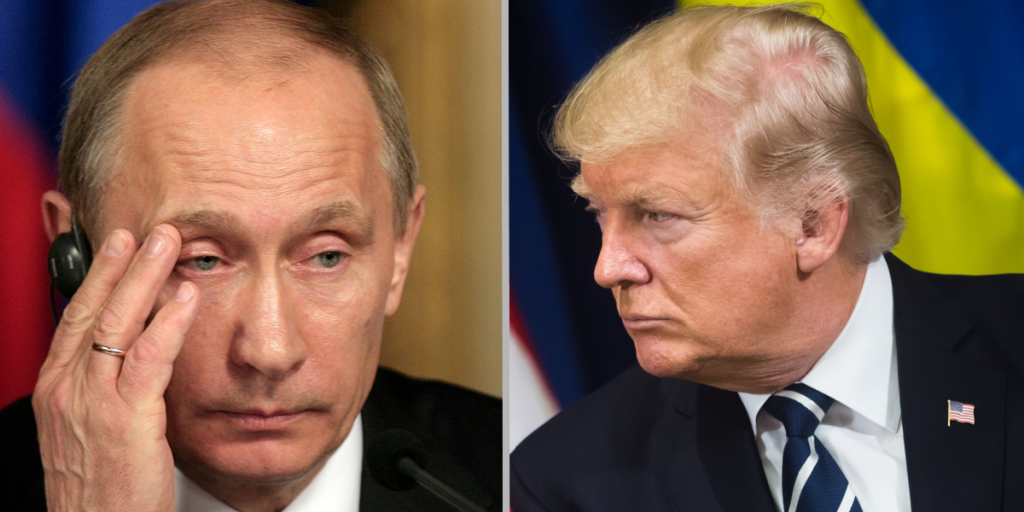While no official reason was initially given, sources later linked the decision to Russia’s hardline demands and lack of flexibility.
Others are reading now
A planned summit in Budapest between U.S. President Donald Trump and Russian President Vladimir Putin has been canceled, according to the Financial Times. The decision followed a sharply worded memo from the Kremlin that restated its uncompromising stance on Ukraine.
Russian memo reignites Ukraine tensions
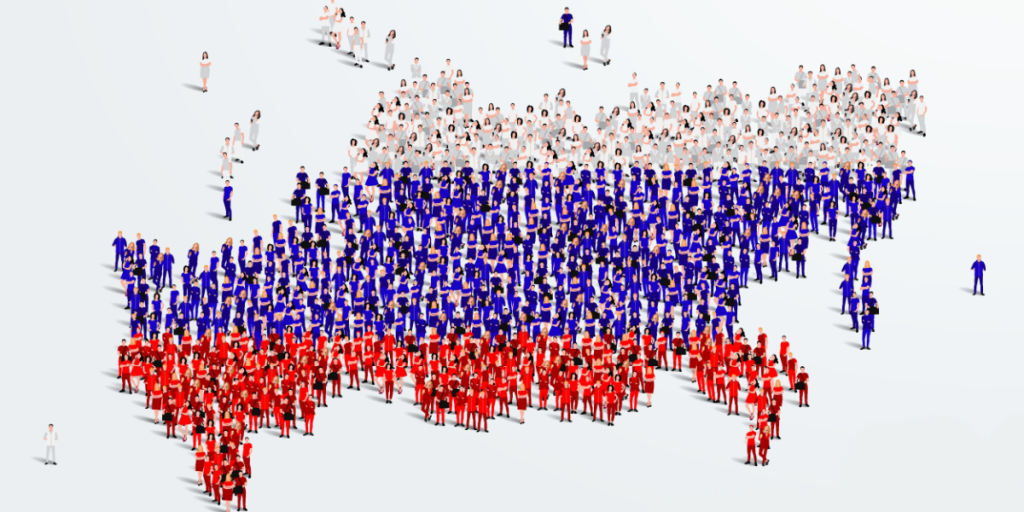
The Kremlin’s message to Washington reportedly included demands for territorial concessions from Ukraine, a reduced military force, and permanent exclusion from NATO.
These points quickly derailed hopes for meaningful talks between the two leaders.
Kremlin declines to confirm or deny reports
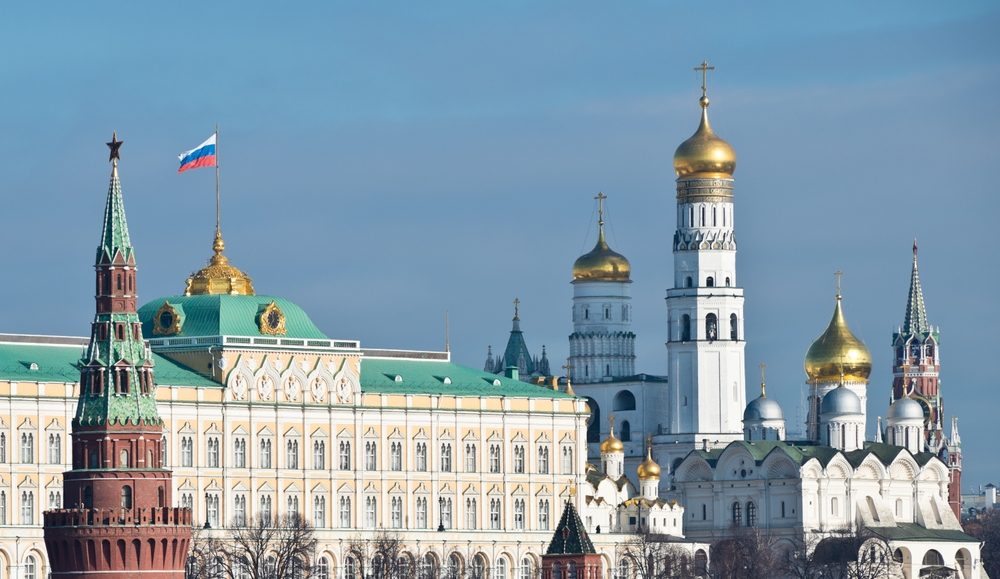
When asked about the memo and the summit’s cancellation, Kremlin spokesman Dmitry Peskov said he wouldn’t comment on the press reports.
Instead, he pointed journalists to the language used in the official statements released after the Lavrov-Rubio conversation.
Also read
Lavrov-Rubio phone call was key turning point
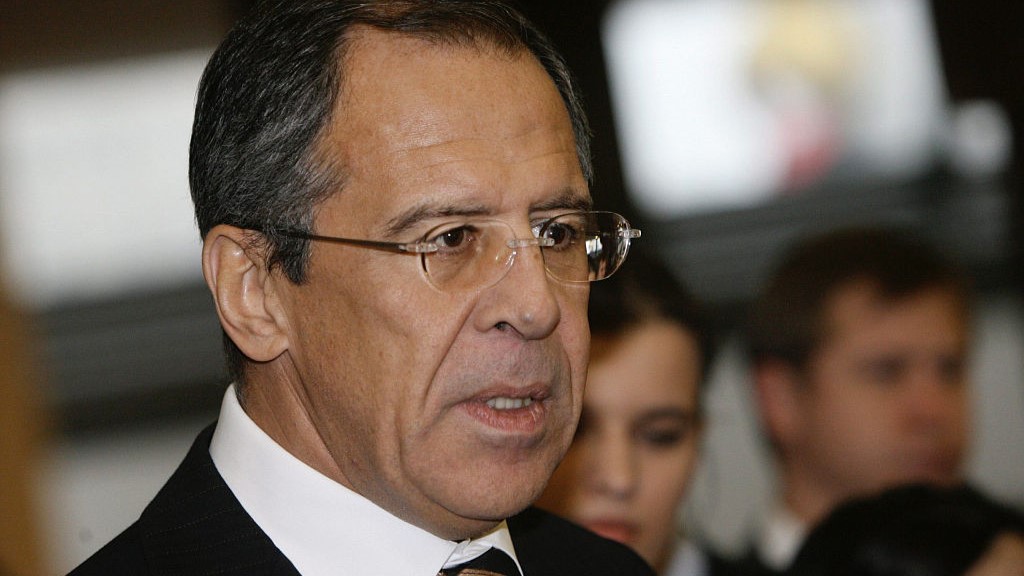
According to the Financial Times, a recent call between Russian Foreign Minister Sergey Lavrov and U.S. Secretary of State Marco Rubio played a pivotal role in the decision.
U.S. officials reportedly concluded from the call that Moscow had no intention of engaging in real negotiations.
Source: Trump not satisfied with Russia’s stance
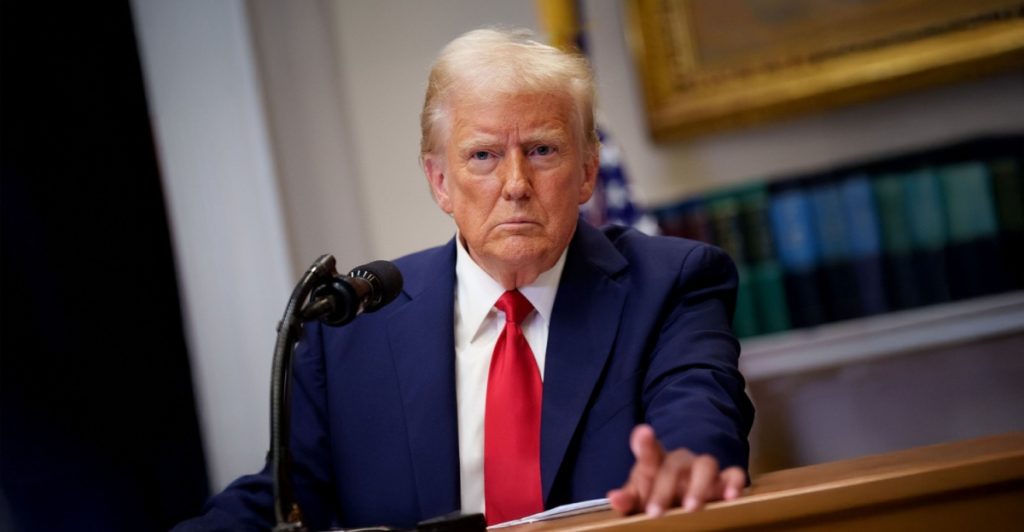
A person familiar with the matter said Trump was “not impressed with the Russian position.” While still open to meeting with Russian officials, the president now insists that such talks only proceed if there’s a real chance of progress.
Official statements paint a different picture
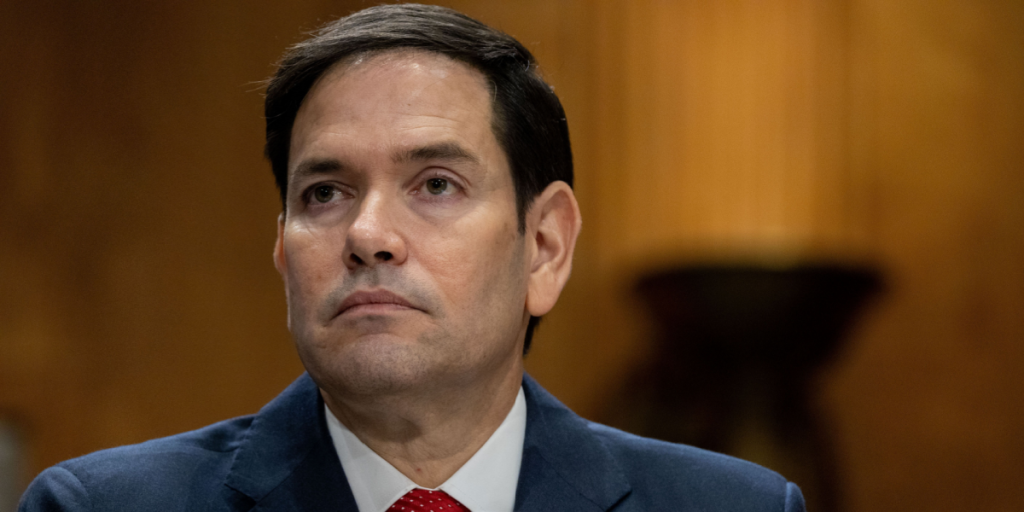
Despite the summit’s cancellation, Peskov emphasized that the tone and substance of the Lavrov-Rubio call were portrayed very differently in official documents.
“The wording and assessments there were completely different,” he noted, contrasting them with the press coverage.
Also read
Russia points to past Trump-Putin phone call
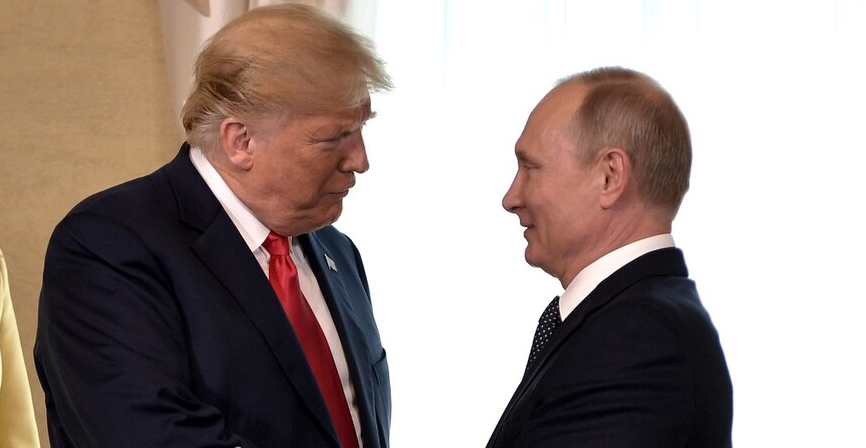
Lavrov and Rubio’s conversation followed an earlier phone call between Trump and Putin on October 16. According to the Russian Foreign Ministry, they discussed implementing agreements reached during that earlier call, raising expectations for continued dialogue.
U.S. State Department gives a brief response
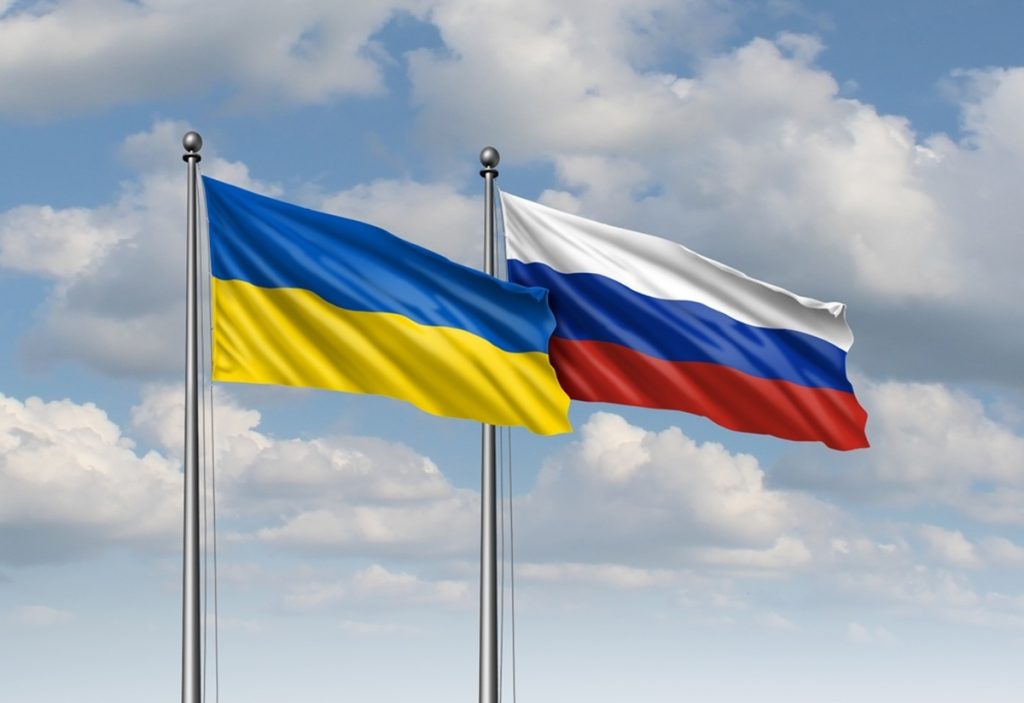
The State Department’s version of events was more reserved. It said Rubio had spoken with Lavrov about “next steps” after the Trump-Putin call and emphasized the upcoming meetings as a chance to resolve the Russia-Ukraine conflict under Trump’s vision.
White House cancels Budapest summit
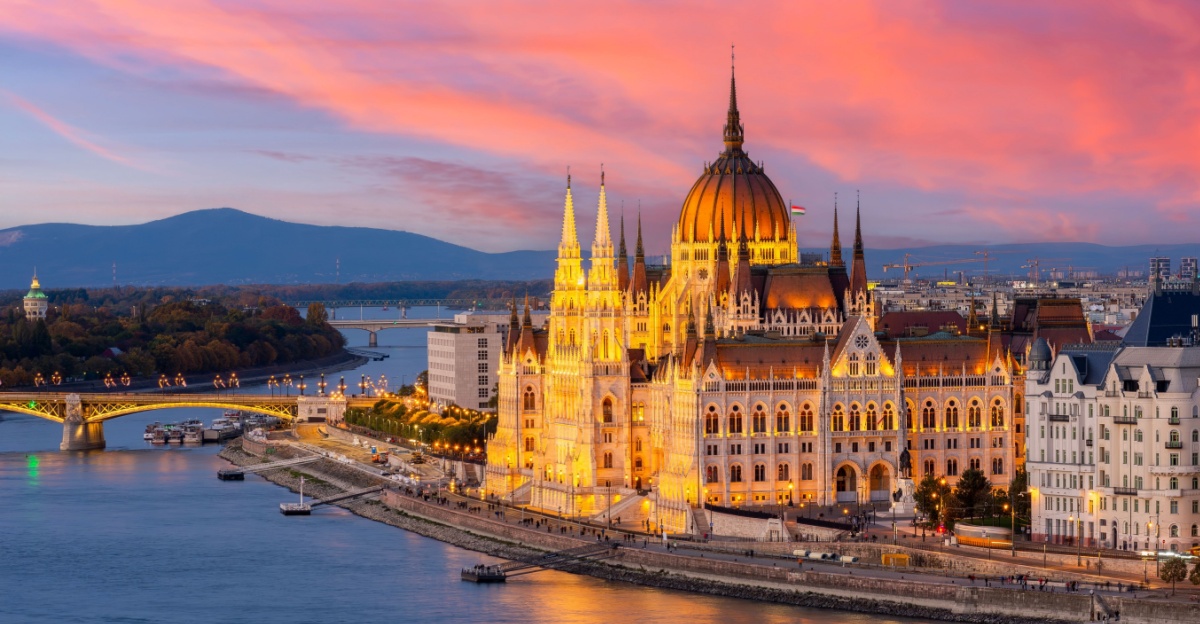
A day after the call between Rubio and Lavrov, the White House confirmed that the Budapest summit would not go ahead.
While no official reason was initially given, sources later linked the decision to Russia’s hardline demands and lack of flexibility.
White House: no in-person meeting needed
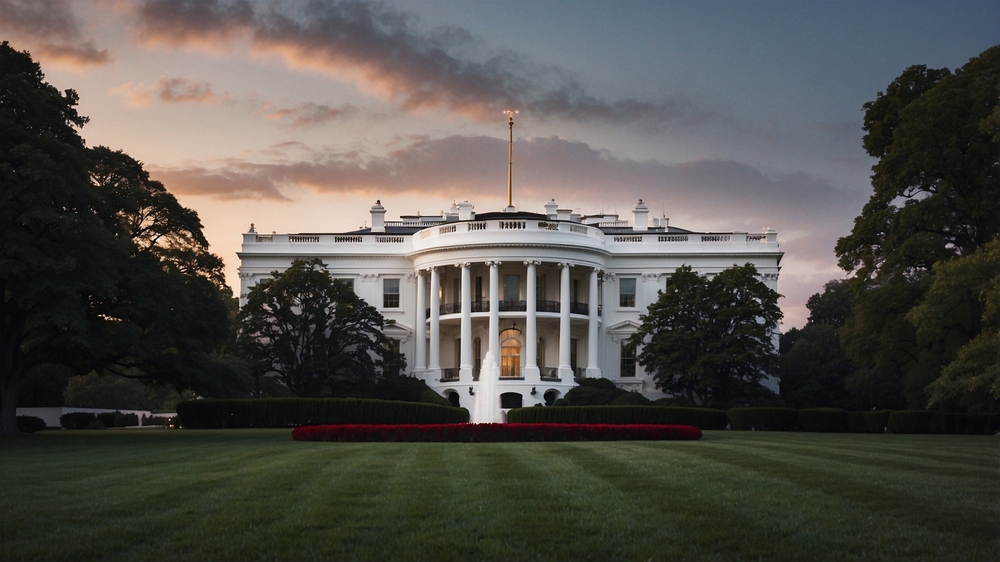
A White House official told Politico that Lavrov and Rubio’s conversation had been productive enough to make an in-person meeting between Trump and Putin unnecessary.
Also read
The official added that no new summit was scheduled “in the near future.”
Moscow still calls the talks ‘fruitful’
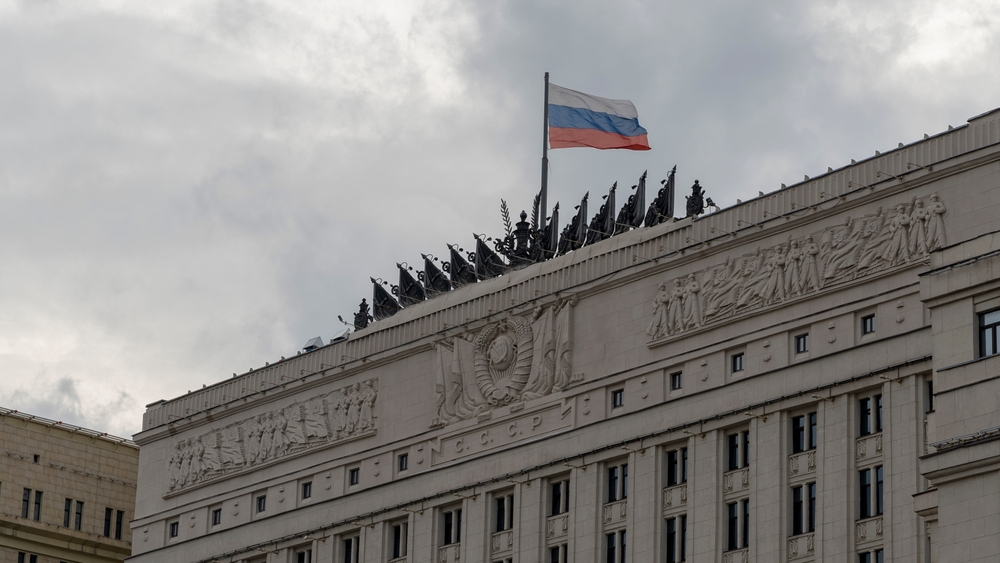
Despite the cancellation, Russian officials described the Lavrov-Rubio discussion as “fruitful.”
The Russian side continued to frame the diplomatic exchanges in a positive light, even as momentum for high-level negotiations fizzled.
Budapest summit was set after October call
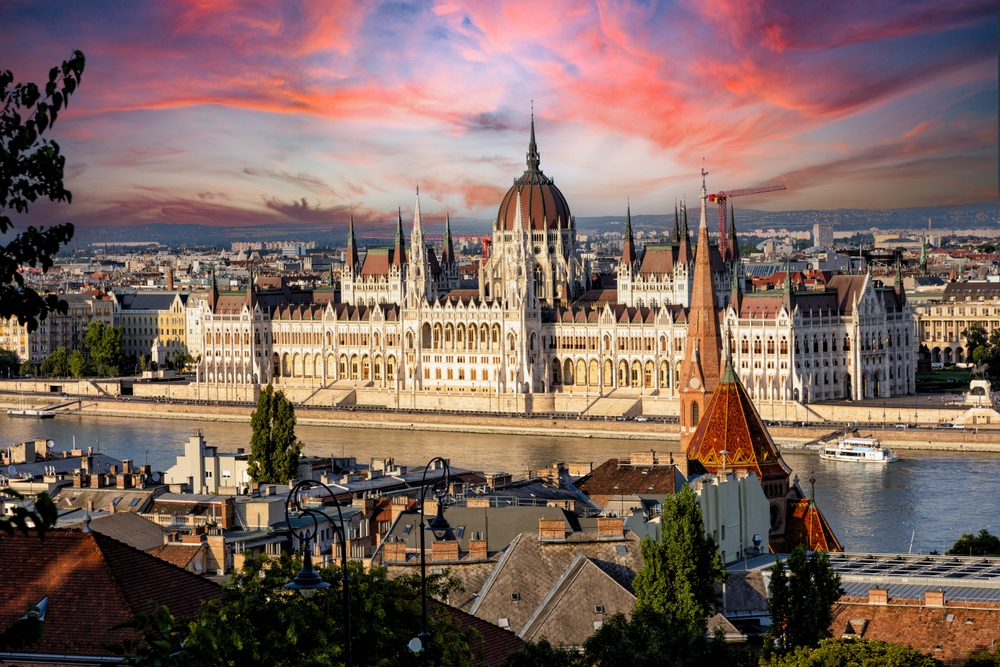
The idea for a Trump-Putin summit in Budapest was first floated after the October 16 Trump-Putin phone call.
That conversation reportedly lasted two hours and sparked talks about a potential breakthrough, talks that have now stalled.
Also read
No clear path forward for diplomacy
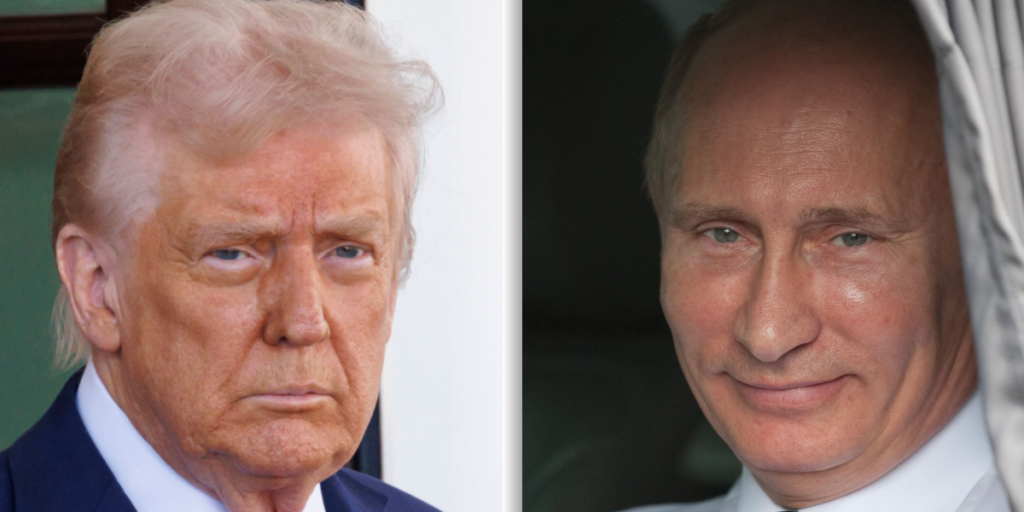
With the summit canceled and no new date in sight, diplomatic efforts between Moscow and Washington appear to be on hold.
Unless Russia softens its demands, U.S. officials say there’s little reason for Trump to engage directly with Putin anytime soon.

